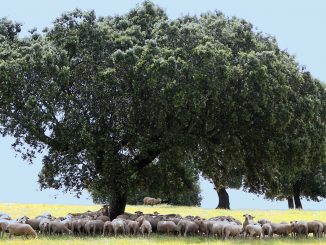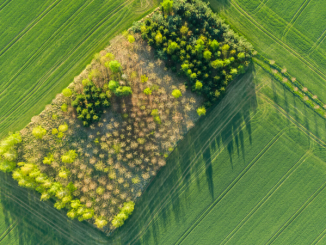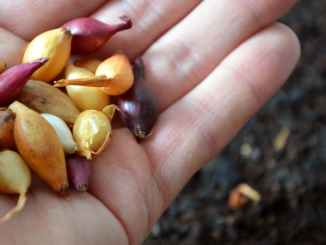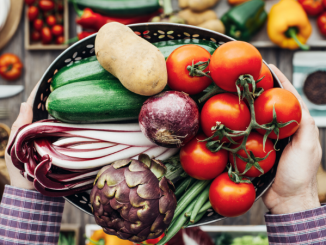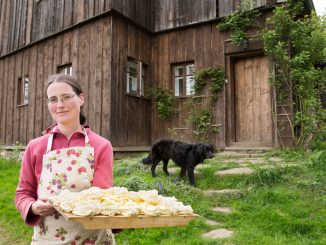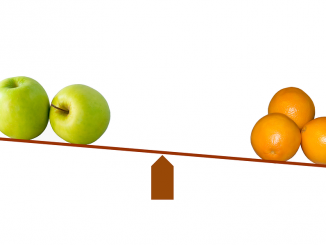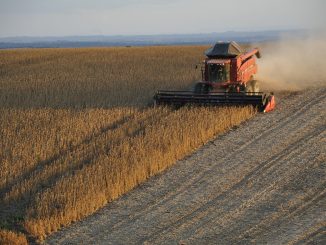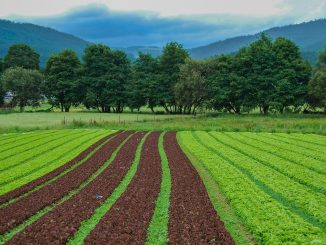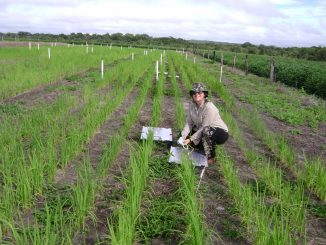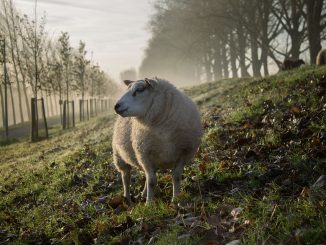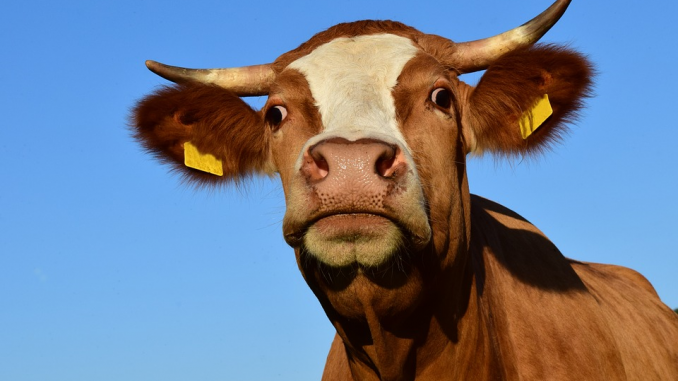
Farming Bounded By Our Biological Boundaries – Part 3
It’s tempting to blame burping cows for methane emissions. But while nature cannot distinguish between naturally occurring methane and methane derived from fossil fuels and anthropological activity, humans can – and should. Methane has a role to play in sustainable farming. We cannot let the debate around methane emissions cloud the broader benefits of farming with ruminants, argues Stuart Meikle in part three of this series. […]

